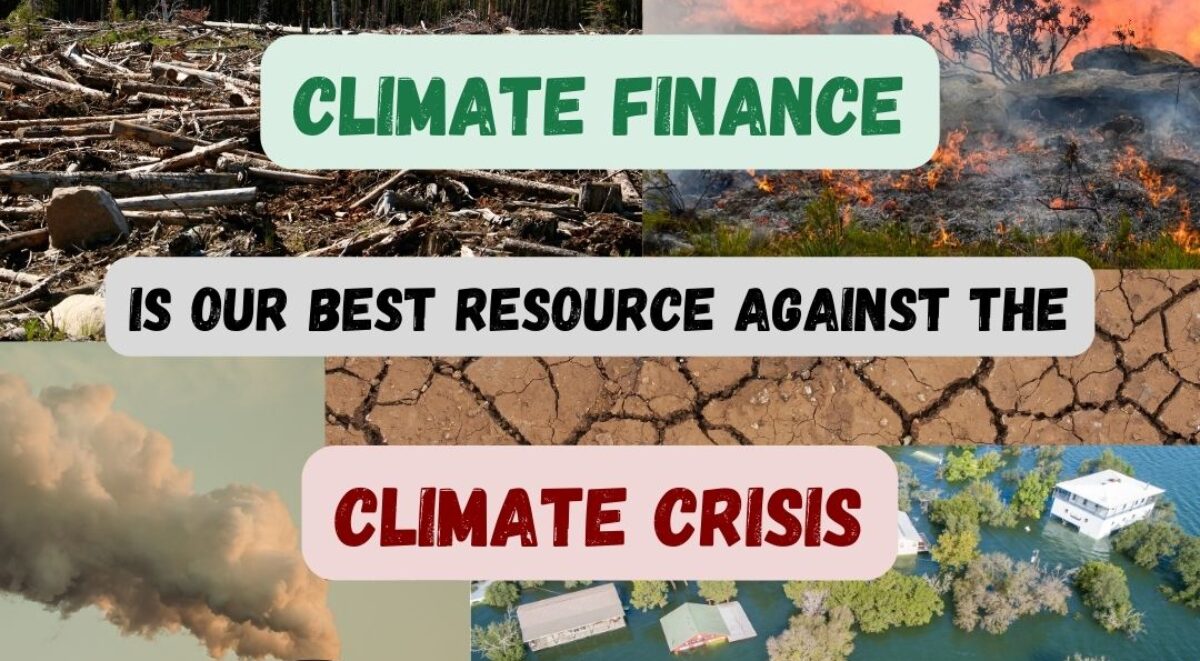
Below is the text of the Resolution n. 2 approved by the IYNF’s Council on December 15th on the matter of climate finance.
Fostering climate finance
Every day, the impacts of the climate crisis become more devastating, pushing communities worldwide to the brink of survival. For billions of people, particularly those in the Global South, the climate crisis is not a distant threat: it is their harsh daily reality. From catastrophic flooding to relentless heatwaves, the consequences of our inaction to the climate crisis are felt every day and by everyone in both developed and developing nations.
In Spain, for example, we witnessed flash floods that swept through eastern regions, claiming over 200 lives and devastating towns with a year’s worth of rain falling in just eight hours. This tragedy, one of the deadliest weather events in modern Spanish history1, has become the sorrowful reality of many countries globally, as we also witnessed the destruction caused by Cyclone Freddy in Southern Africa, severe flooding in Rwanda, and wildfires across the Mediterranean. Our inaction to climate change has pushed us to the limits of our adaptation capacities, leaving vulnerable communities to bear the brunt of a crisis they contributed least to.
As such, it’s inevitable that we must mitigate the cost of inaction and provide climate finance as a lifeline to vulnerable communities who are left to endure the consequences of hundreds of years of complacency with the fossil fuel industry, disappointing years of negotiations, and a shameful race to profit over the planet and its living beings.
In recent multilateral discussions, finance has regularly been a topic, but ambitions have never matched the current needs of vulnerable communities, estimated in trillions of dollars. Above all, promises have consistently remained just that, promises. Any occasion seems to be a good excuse to backtrack, as leaders have shown with their $100 billion pledge in climate finance that was to be reached in 20222.
In recent years of negotiations at the Conference of Parties (COP), some progress has been made. For example, at COP27 and COP28, a decision was made to set up a fund to respond to Loss and Damage, and it is currently being operationalized. Some developed countries have since committed around $730 million to the Loss and Damage Fund. At COP29 in Baku, world leaders agreed to a climate finance deal of $300 billion annually, which is expected to reach $1.3 trillion by 2035. While these agreements sound promising, they fall far short of expectations on climate finance, just a small drop in the ocean.
For International Young Naturefriends, which has been working on sustainability issues and considers global solidarity as the cornerstone in resolving the climate crisis, there must be far greater ambition in both the quantity and quality of climate finance.
Therefore,
- We are calling for a substantial increase in climate finance to meet the needs of vulnerable communities. Climate finance needs are estimated in trillions of dollars, not billions.
- We also consider that climate finance is a form of reparations and a principle of climate justice. Those who contributed most to the climate crisis should take the lead in supporting those who contributed the least. This finance must not come in loans but as grants directly accessible to local and Indigenous communities without heavy bureaucracy.
- We urge countries that have already pledged money to climate finance to establish actionable funding plans to operationalize these commitments by 2025.
- Last but not least, we urge countries to activate any possible levies to defund the fossil fuel industry and redirect money to actions addressing climate change.
By adopting this resolution, member organizations will:
● Recognize the importance of climate finance in addressing climate change at their national level and share the demands outlined above, emphasizing the necessity for countries to prioritize climate finance in national policies.
● Engage with local and international policymakers to advocate for mechanisms to transform financial pledges and development assistance into concrete climate finance that is accessible, needs-centered, and grant-based.
● Organize, when possible, various online/offline events to underscore the importance of climate finance as a climate justice issue in the broader debate on climate change.
Conclusion
This resolution urges all Naturefriends and IYNF members to advocate, support, and foster
collaboration to ensure that those most affected by climate change receive support scaled to
their needs to face the consequences of a crisis that is already unavoidable.
